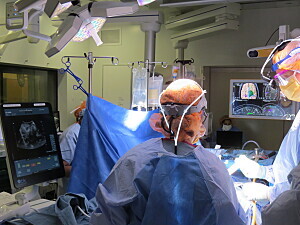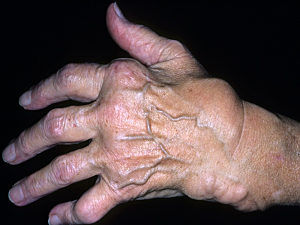Home Hospital for Surgery: An Emerging Option for Perioperative Care

Home hospital programs are a safer, cheaper and more efficacious alternative to inpatient hospital admission for many medical conditions. The Brigham is at the forefront of efforts to extend this delivery model to perioperative care, including for GI and bariatric surgery. Thomas C. Tsai, MD, MPH, discusses this work.
Read More...







